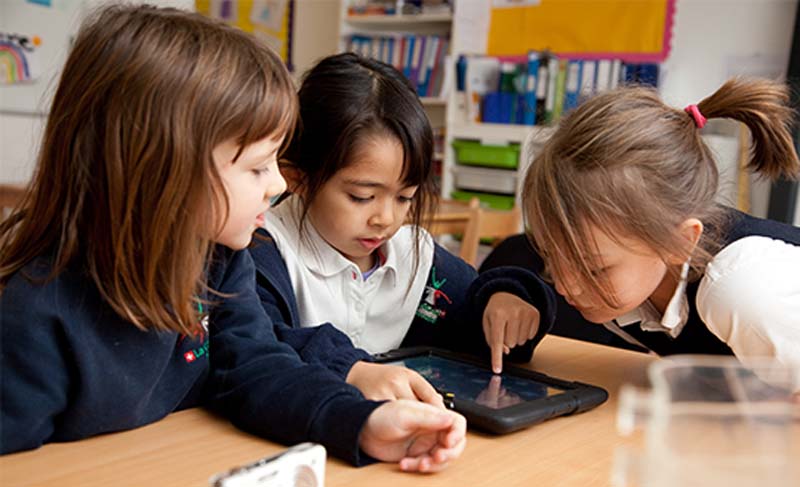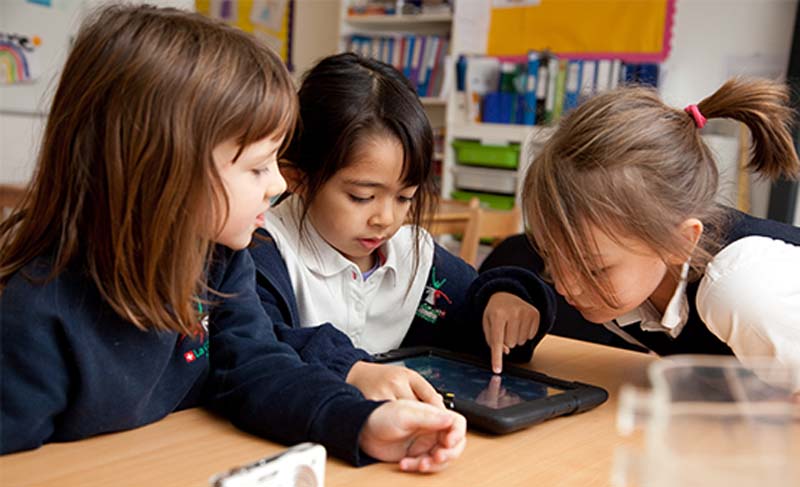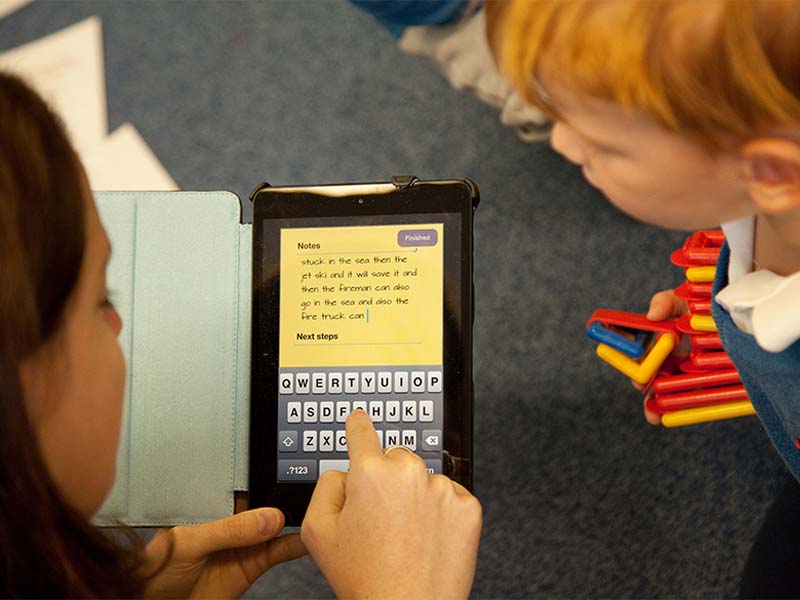We use cookies to improve your online experiences. To learn more and choose your cookies options, please refer to our cookie policy.

What's the right age to get my child a tablet? Deciding what is the right age for your child to begin using technology can vary for every child and family. Craig Brown, Head of Learning Technologies at the British International School, Budapest, gives some advice on what parents should consider before giving their child a tablet.

Deciding what is the right age for your child to begin using technology can vary for every child and family. Here are a few things that parents should consider before giving their child a tablet
Tablets are a doddle to use and super portable, and they run a huge assortment of apps that engage the minds of our children in a variety of ways. At times we can reasonably argue that they dominate too much of their time with activities that are not productive. To be clear, as long as children have some exposure to the digital world and a variety of learning opportunities in their lives, they don't actually need tablets.
In 2010, when Steve Jobs released the iPad, he described it as a wonderful device that would bring us educational tools. It would allow us to surf the web, watch videos, and enable us to interact with other people like never before.
Two years later when he was asked, "Your kids must love the iPad?" Jobs replied, "Actually we don't allow the iPad in the home. We think it's too dangerous for them.” What he was referring to was the addictive nature of the technology and the impact it could have on the lives of his children and humanity as a whole. Since then this message has become one that we are familiar with – it has captured the attention of the media and has been widely reported.

Rather than abstain completely perhaps the approach we should have is to appreciate that all of us have changed the way we live because of the way we use these devices. We also need to realise that tablets are just tools. They are neutral. What we do with them, what we demonstrate to our children, and what we let our children do with them is what determines the outcome.
Just as we need to learn to drive a car safely, we need to learn how to use the internet safely. Again, this is another tool that increases our freedom, increases our ability to do things, greatly improves our ability to learn but also has a potential danger. However, we don’t get in cars thinking that we could become addicted but sometimes we might make use of public transport to limit the polluting effect of combustion engines. We adapt, we don’t abstain completely.
Studies do show that children can learn from apps, and exposure to digital tools such as tablets and computers can provide a helpful boost, especially for children with fewer overall resources. Consider why you want to get the device. Is it to get them prepped for school? Is it to keep them entertained? Is it to let them practise their academic skills? Tablets can do all of these things - but they can't do them alone. Choosing quality apps that are age appropriate, setting realistic expectations, and supporting your child’s learning both on and off the device are key for a successful outcome.
Tablets and well-designed apps offer children many benefits including the ability to discover new things, follow their interests, satisfy their curiosity, and be rewarded for their efforts.